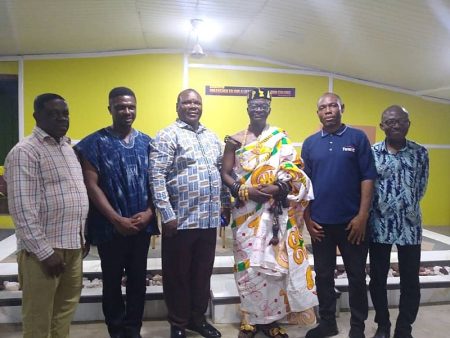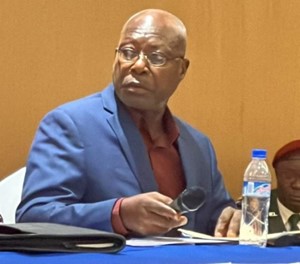Kemi Badenoch’s assertion of receiving a pre-med offer and partial scholarship from Stanford University at the age of 16 has come under scrutiny. The Guardian’s investigation reveals inconsistencies in Badenoch’s narrative and a lack of corroborating evidence from Stanford itself. Badenoch has claimed in various interviews that she was offered a place at Stanford to study pre-med, a program which doesn’t exist at the university. Medicine at Stanford is a graduate program, requiring a prior bachelor’s degree, further casting doubt on Badenoch’s claims. While she initially stated she had gained admission, the Conservative Party later clarified that she hadn’t formally applied but was offered a place based on her standardized test scores.
This explanation has been met with skepticism from academic and admissions experts, who consider it highly improbable for Stanford to proactively offer a place, particularly with financial aid, based solely on test scores. Jon Reider, the Stanford admissions officer responsible for international students and scholarships during the period in question, categorically denies having offered Badenoch a place. He emphasizes that while he did admit some African students, none were from Nigeria. Reider further explains that O-levels alone would not have been sufficient for admission, and the university would have been hesitant to admit a 16-year-old without an exceptional record.
Reider also clarifies Stanford’s scholarship policy, stating that the university offered full scholarships to admitted students who demonstrated financial need. Partial scholarships were not typically offered, as the intention was to ensure admitted students could afford to enroll. The limited number of full scholarships awarded annually, coupled with Reider’s personal involvement in the selection process, makes it unlikely that Badenoch’s alleged offer would have gone unnoticed.
The Guardian’s investigation extends beyond Reider’s testimony, including interviews with Ivy League admissions coaches, a college admissions specialist, Stanford alumni, and an Ivy League vice-provost. None of these individuals found Badenoch’s claim plausible. They highlighted the highly competitive nature of Stanford admissions and the rigorous evaluation process that extends far beyond standardized test scores. The consensus among these experts is that unsolicited offers of admission based solely on test results, especially to international students, are virtually unheard of, even for exceptional prodigies.
Badenoch’s claims about her Stanford offer have appeared in several publications over the years. She first mentioned it in a 2017 Huffington Post interview, attributing her inability to pursue the opportunity to financial constraints. Subsequent interviews and profiles have reiterated this claim, sometimes mentioning a partial scholarship and sometimes stating that she was offered a place to study medicine directly. These inconsistencies, along with the lack of supporting evidence from Stanford, contribute to the growing skepticism surrounding Badenoch’s account.
The investigation highlights the discrepancies between Badenoch’s public statements and the realities of Stanford’s admissions process. The university’s official website clearly states that there is no pre-med major and that medicine is a graduate program. This, combined with Reider’s denial and the skepticism of admissions experts, casts significant doubt on the veracity of Badenoch’s claims. The lack of clarity in her statements, the shifting narrative about a partial scholarship versus a place in medical school, and the absence of any record of such an offer at Stanford raise questions about the accuracy of her recollections.














